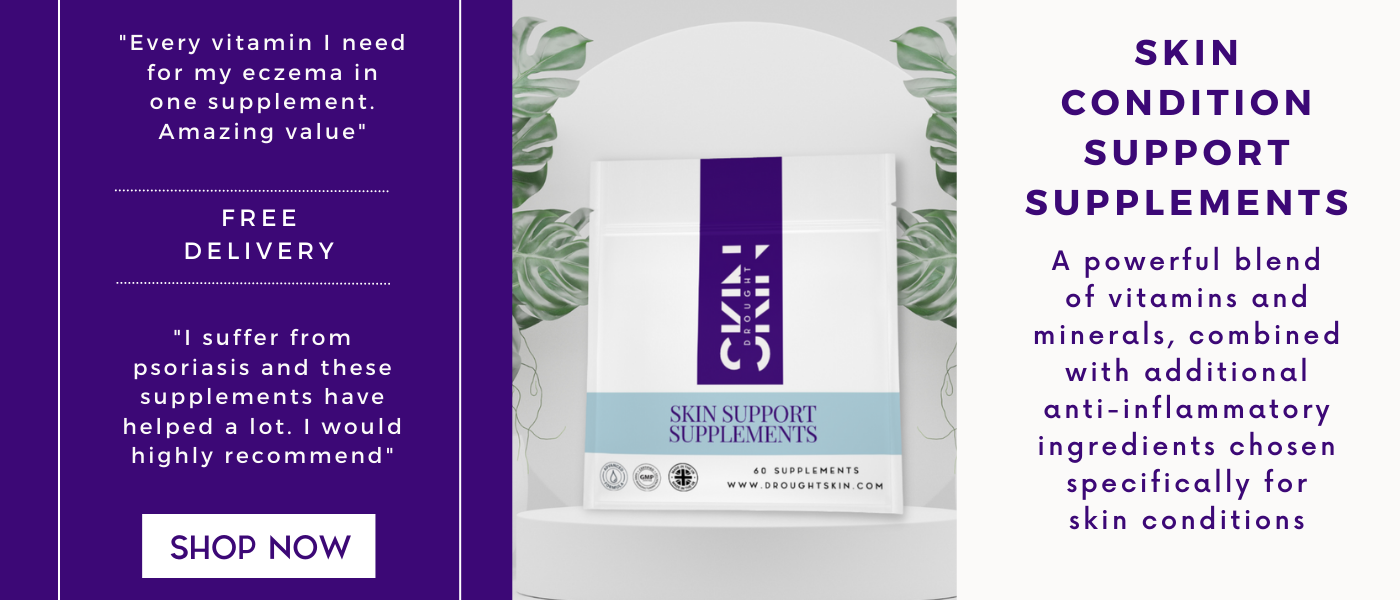The Science Behind Vitamin B and Its Effect on Acne
Acne is a common skin condition that affects millions of people worldwide. While there are many treatments available, some people turn to natural remedies like vitamin B to help improve their skin. In this guide, we'll explore the science behind vitamin B and its potential impact on acne.
What is Vitamin B and how does it Affect the Body?
Vitamin B is a group of essential nutrients that play a vital role in maintaining good health. There are eight different types of vitamin B, each with its own unique benefits- B1, B2, B3, B5, B6, B7, B9, and B12. Vitamin B helps the body convert food into energy, supports the nervous system, and helps maintain healthy skin, hair, and eyes. When it comes to acne, vitamin B has been shown to help regulate oil production in the skin, which can reduce the likelihood of breakouts.
The Link between Vitamin B and Acne
Vitamin B is known to help regulate oil production in the skin, which can help prevent clogged pores and acne breakouts. It also helps to reduce inflammation and redness associated with acne.
Vitamin B3, also known as niacinamide, is one of the most effective types of Vitamin B for acne. It helps to reduce inflammation and redness, and can also help to lighten acne scars.
Vitamin B5, also known as pantothenic acid, is another effective type of Vitamin B for acne. It helps to regulate oil production in the skin and can also help to reduce the size of pores.
Vitamin B6 helps regulate hormone levels in the body, which can reduce the production of sebum, the oily substance that can clog pores and lead to acne.
Vitamin B12, on the other hand, can increase the production of bacteria that contribute to acne.
It’s important to note that while vitamin B can be beneficial for acne-prone skin, it’s always best to consult with a dermatologist before starting any new supplement regimen.
The different types of Vitamin B and their Benefits for the Skin
There are eight different types of vitamin B, each with their own unique benefits for the skin. Vitamin B1, also known as thiamine, helps improve circulation and can reduce inflammation. Vitamin B2, or riboflavin, helps maintain healthy skin and can reduce the appearance of fine lines and wrinkles. Vitamin B3, or niacin, can improve skin elasticity and reduce hyperpigmentation. Vitamin B5, or pantothenic acid, can help regulate oil production and reduce the appearance of pores. Vitamin B6, or pyridoxine, can regulate hormone levels and reduce sebum production. Vitamin B7, or biotin, can improve the strength and texture of hair and nails. Vitamin B9, or folic acid, can improve skin hydration and reduce the appearance of fine lines. Vitamin B12, or cobalamin, can increase the production of bacteria that contribute to acne, but can also improve skin texture and reduce inflammation.
How to incorporate Vitamin B into your Skincare Routine
There are several ways to incorporate vitamin B into your skincare routine. One way is to look for skincare products that contain vitamin B as an active ingredient.
Our top picks are below:
Geek & Gorgeous 101 B-Bomb - 10% Niacinamide Serum- helps enlarged pores, oiliness, blemishes and combination skin
Super Facialist Hydrate Calming Creamy Cleanser- Ultra-Gentle Cleanser & Makeup Remover with Shea Butter, Cocoa Butter & Vitamin B 5 for Sensitive Skin, Hydrating & Vegan Friendly
Ziaja Vitamin C.B3 Niacinamide Face Toner- helps remove any remaining impurities, dirt, or residue, leaving your skin refreshed and revitalised.
How to incorporate Vitamin B into your Diet
Additionally, incorporating foods that are rich in vitamin B into your diet can also help improve your skin’s overall health.
Food sources include:
Leafy Greens
Meat
Whole Grains
Fish
Dairy
Eggs
Nuts
You can also take Vitamin B supplements, which are available in both pill and liquid form. Our Skin Condition Support Supplement contains 100% of your recommended daily intake of Vitamin B1, 2, 3, 5, 6 and 12. By incorporating vitamin B into your skincare routine, supplement schedule and diet, you can help improve the appearance and health of your skin.
While Vitamin B is generally safe, taking too much of certain types of Vitamin B can cause side effects. For example, taking high doses of Vitamin B6 can cause nerve damage, while taking high doses of Vitamin B3 can cause flushing and itching. Vitamin B can be used in conjunction with other acne treatments, such as topical creams and oral medications. However, it's always a good idea to talk to your dermatologist before starting any new treatments.



